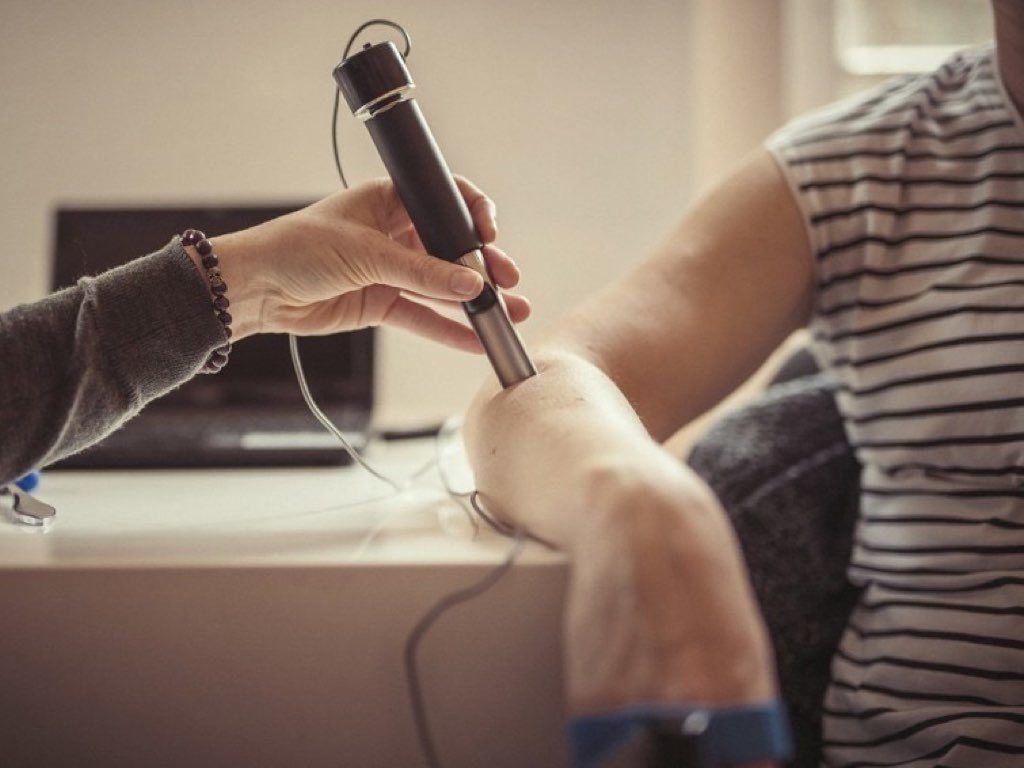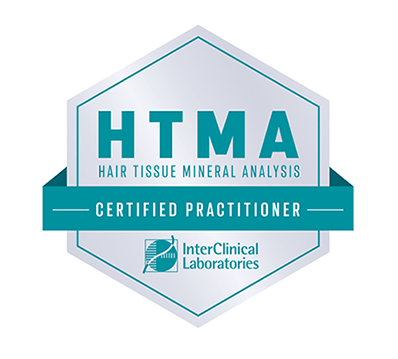Common Symptoms of Peri-Menopause and How to Have a Healthy Transition to Menopause
Peri-Menopause, what is it?
Perimenopause describes the transition phase leading to menopause - the phase in a woman’s life when her body completely stops menstruating. While most women are aware of the challenges of menopause, many do not realise that there is a long transition into menopause that can last up to 10 years.
With the average age of menopause being 51 years, many women will begin peri-menopause during their 40s but for some it may begin sooner. It is incredibly important to address any hormone issues during this stage and doing this reduces more severe symptoms in the years that follow with menopause.
What are the symptoms of peri-menopause?
Some of the symptoms you might experience during peri-menopause include
- Tiredness and exhaustion
- Low energy levels
- Weight gain
- Feeling bloated
- More stressed and irritable
- Mood swings
What causes these symptoms in peri-menopause?
Many of these symptoms are a result of a decline in progesterone levels as the body begins ‘winding down’ the reproductive functions. Progesterone is a hormone that is produced by the ovaries and the adrenal glands. It plays a key role in the menstrual cycle and this feel good, calming hormone also helps reduce fluid retention and aids in burning fat for energy. When long term or high levels of stress are an issue for a woman, and the adrenal glands are unable to keep up with the body’s demands for cortisol, in some women, progesterone might get used by the body and converted to cortisol. When this happens progesterone levels can get further depleted.
You can begin to see just how complex and interconnected our hormones are and why, particularly during the transition into menopause, getting the right balance of hormones is so important.
Can I have an easier transition to menopause with less symptoms?
Some of the recommendations I regularly make for women during peri-menopause are:
- Reduce or eliminate sugar intake in your diet
- Consider what steps you might need to take to reduce your stress or manage stress differently
- If you’re a coffee or tea drinker, cut down your caffeine intake
- Drink less alcohol
- Make sure you are getting regular exercise
If you are experiencing some of the symptoms of peri-menopause, now is the time to have a check up. If you’ve been to your GP and your blood tests have come back normal, we can investigate further with more specific hormone tests looking at either adrenal stress hormone profiles, female hormone profiles or thyroid hormone profiles, or a combination of these.
When you come to see me we will look at the unique symptoms and factors affecting you and can determine what is happening at a hormonal level so we can support your system through peri-menopause.
There are many treatments and options available to improve symptoms and transition into menopause feeling healthy, energised, and emotionally balanced.
Book with me below.

Lesley Oakes ND, ABAAHP
Lesley is a Perth based Naturopath with over 26 years experience. Known for her caring, professional manner and a long history of successfully treating patients, Lesley is a Fellow of the Australian Natural Therapists Association specialising in thyroid issues, hormone imbalances, skin problems and general well-being.
Lesley specialises in the following
- Thyroid related health problems
- Hormone related health issues
- Skin health & skin related problems
- Anti-Ageing (healthy ageing from within)
Perth Naturopath Blog
















